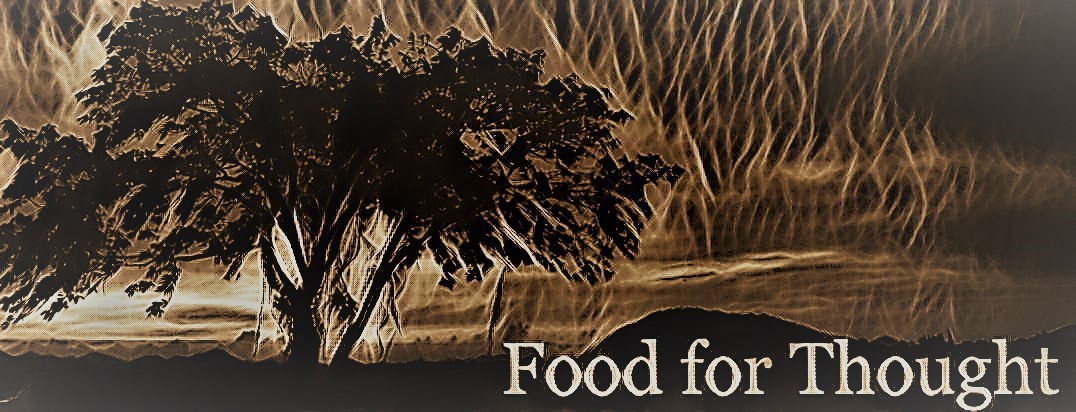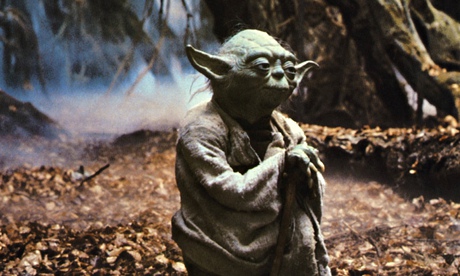I hope you have all had a deserved and relaxing break and are refreshed and ready for our second quarter of the year. I know when one is tired it is often difficult to focus on the good things that have happened, and that is why I have left my vacation Food for Thought till today.
The first quarter was wonderful, with glowing comments from CIS/NEASC visitors, and a completely clean bill of health for all our IB programme 'Matters to be Addressed'. This alone would be a fantastic achievement for a quarter but walking around ISHCMC there has been an incredible learning buzz right from the start of the year. You have really been 'Walking the Talk' with our new mission. I couldn't have thought of three better words to describe what I have observed so far this year. There is a powerful energy running through the school in both the way students are thinking and acting. The lessons that you are planning are without doubt engaging our students with their learning. Students at all levels are being empowered through their learning, mindfulness activities, leadership roles in student governance and ASA's. I believe there is an increasing spirit and pride in our school; as standards rise and we become more competitive in all that we undertake. A good example of this was the Celebration of Cultures event on the last Friday before the break.
There have been many outstanding things that have happened in our classrooms as we develop our constructivist pedagogy in line with our mission. I would like to share two developments with you.
The first is the Grade 5 Provocation that took place in the last few days before the break. Here is a link to the video that captured the students at work........definitely energized, engaged and empowered by the learning challenge thrown down by their teachers.
Secondly, the Secondary Science department has worked together to create a pedagogy portfolio on
Firefly, throwing down the gauntlet to other departments and Grade levels to follow suit. They have created a couple of teaching examples
for each MYP Grade level/ DP subject. Their initial idea was that teachers in the department would record their best examples of 'constructivist' teaching so that if they were ever asked to demonstrate what they were doing as a department, the examples would be readily at hand. Then they realized that if they saved the examples onto Firefly, then they could share them with one another. They plan to continue to build and improve the examples in the portfolio. What they have put together so far is not the finished product, but its a beginning.
These are but two of countless examples of good things that we should be proud of that have been happening at ISHCMC since the start of the year.
As Dylan Wiliam says," it is not changing how a teacher thinks that is important, but rather what they do." This is what has been so wonderful for SLTA observing initiatives and changes that are taking place everyday around the school. Obviously not everything is perfect, but what matters is that everyone is trying new strategies, listening and collaborating with each other and developing new activities with their students. Already this year we have been able to learn from Paul and Sharon Ginnis, Nathan Horne, Kim Engasser, Gareth Jacobson, Lance King and Lana Fleiszig. During the next quarter we will be visited by NWEA ( 7 and 8 November, using MAP data), Robyn Trevyaud (10-15, Digital Citizenship). I know this will make many of you smile but little by little we are moving towards being the Best School in the Universe.
Looking ahead to the second quarter we have a secondary school production, MARISA tournaments, ISHCMC Goes Wild and lots of great days with our students. I hope you are looking forward to the second quarter as much as I am, because I know it is going to be hard work but a lot of fun as well.
A sincere thanks to all of you for the fantastic start to the 2014-15 year.
See you tomorrow,
Yours
Adrian

